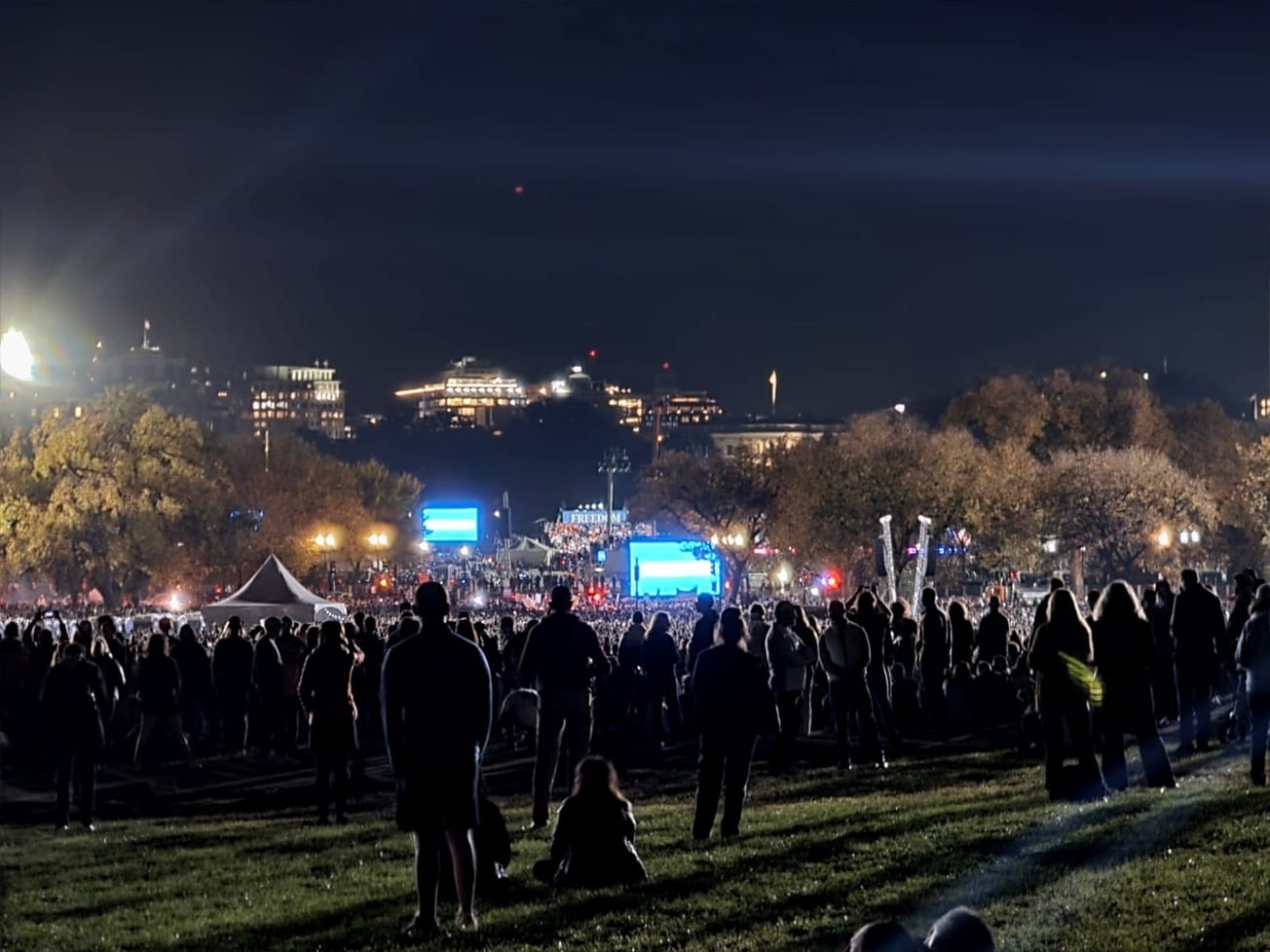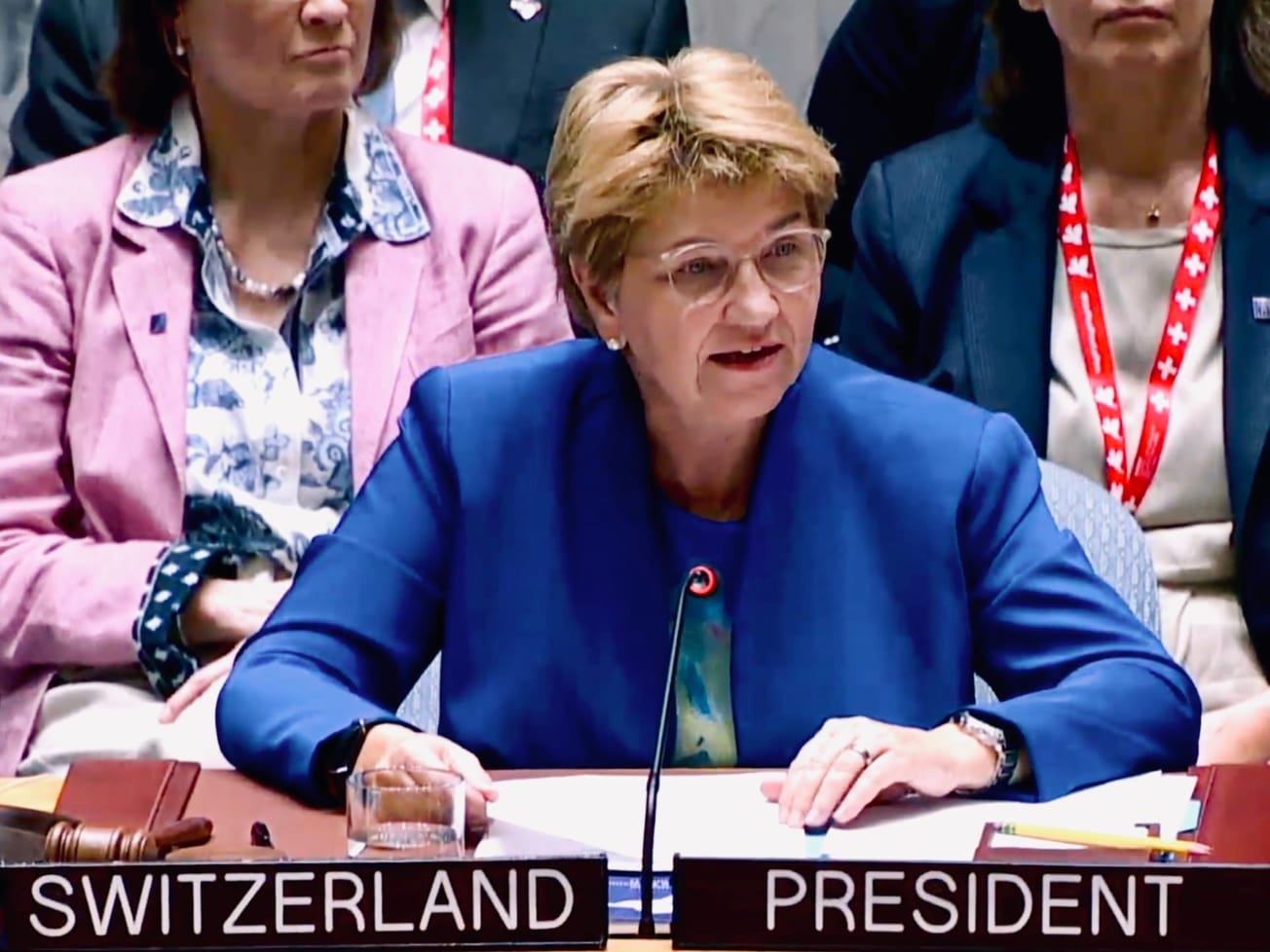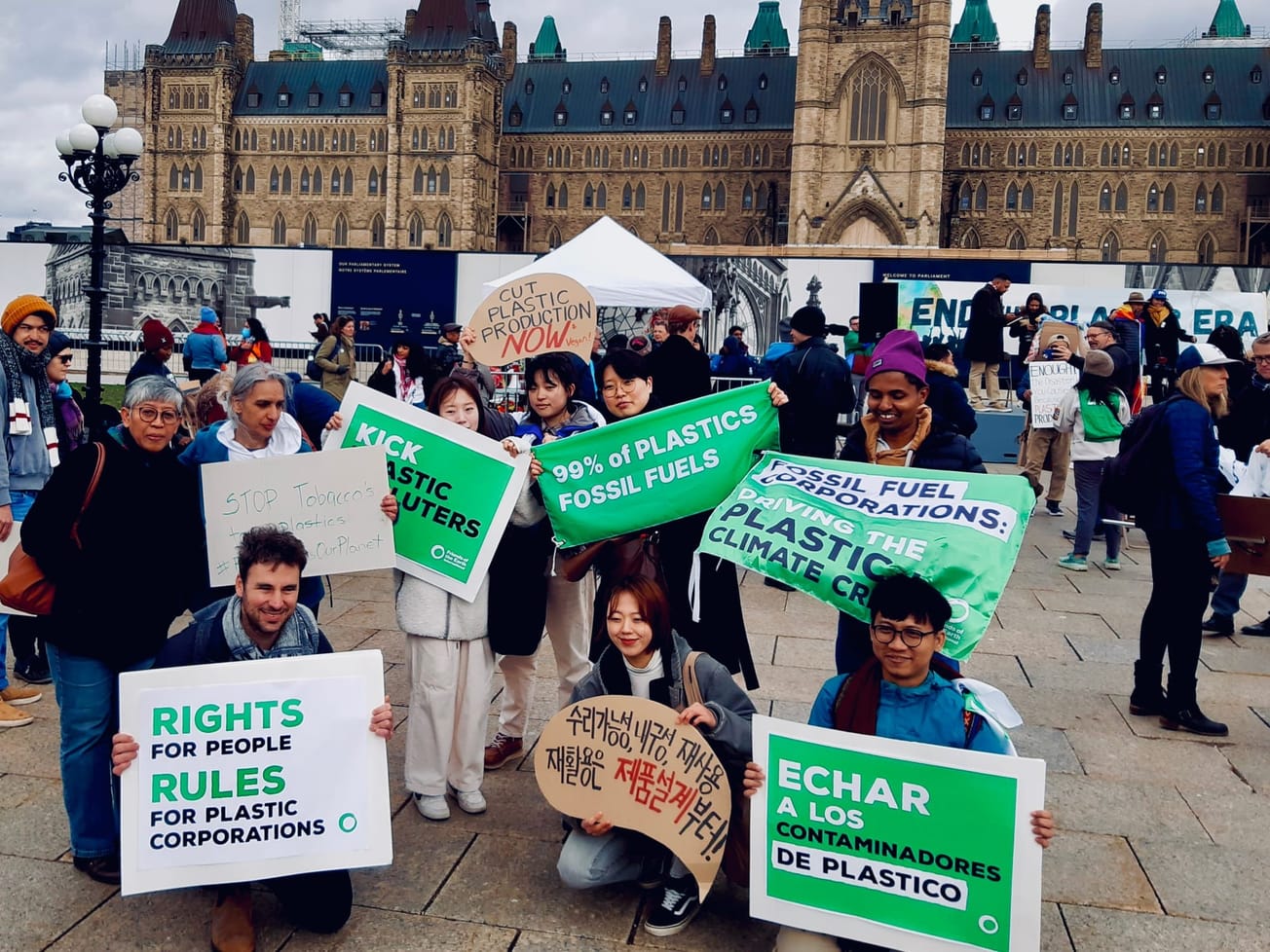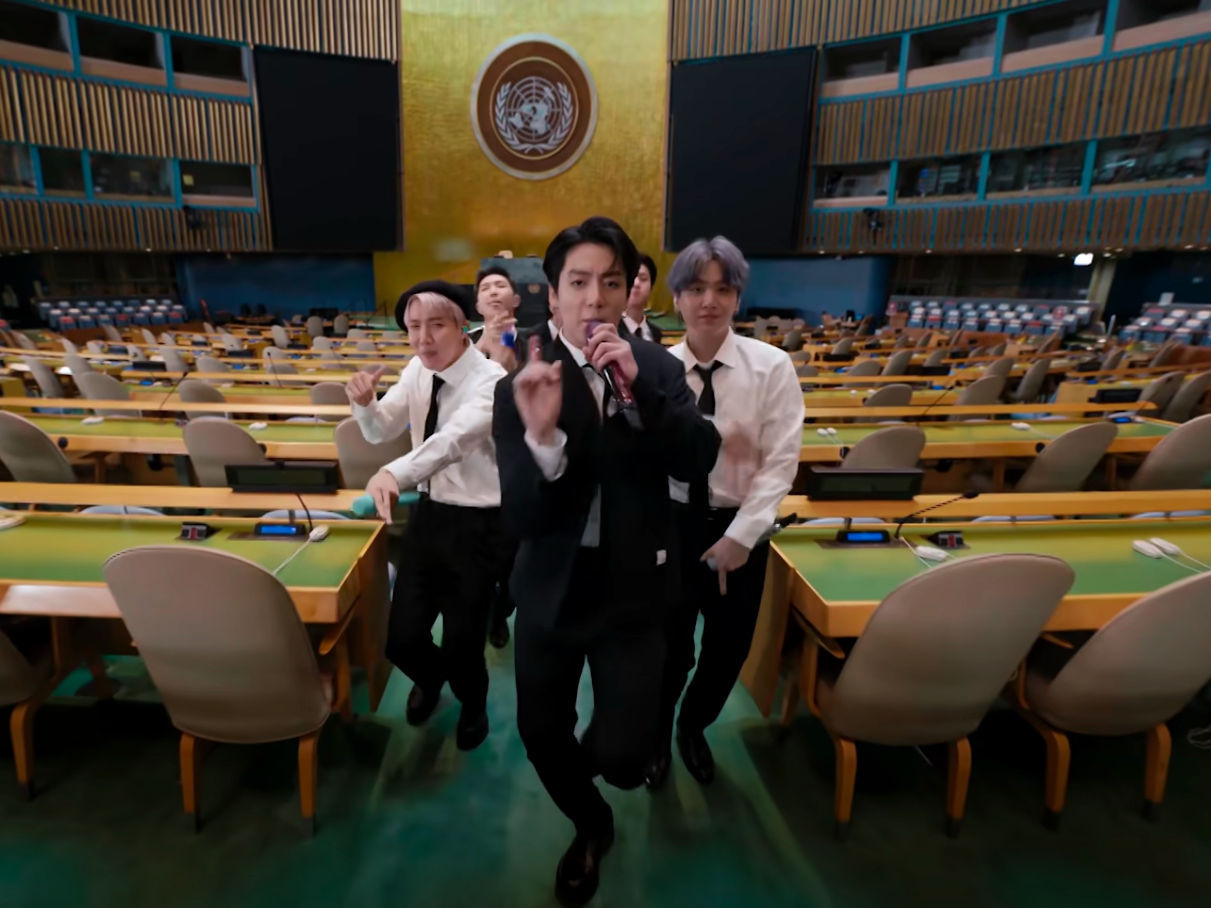WASHINGTON (AN) — The political problem I've noticed especially among young people like me and in far too much social media is a relentless focus on an us vs. them mentality. When talking politics, it tends to get heated.
I'm Swiss-American, from the Swiss capital Bern, and I've been spending this fall in the U.S. capital, taking some courses at a community college, having just graduated from a Gymnasium, the Swiss equivalent to American high school, and turned 18 this year. Now I can vote as a citizen of both countries! What a year it is to gain that privilege and responsibility.









